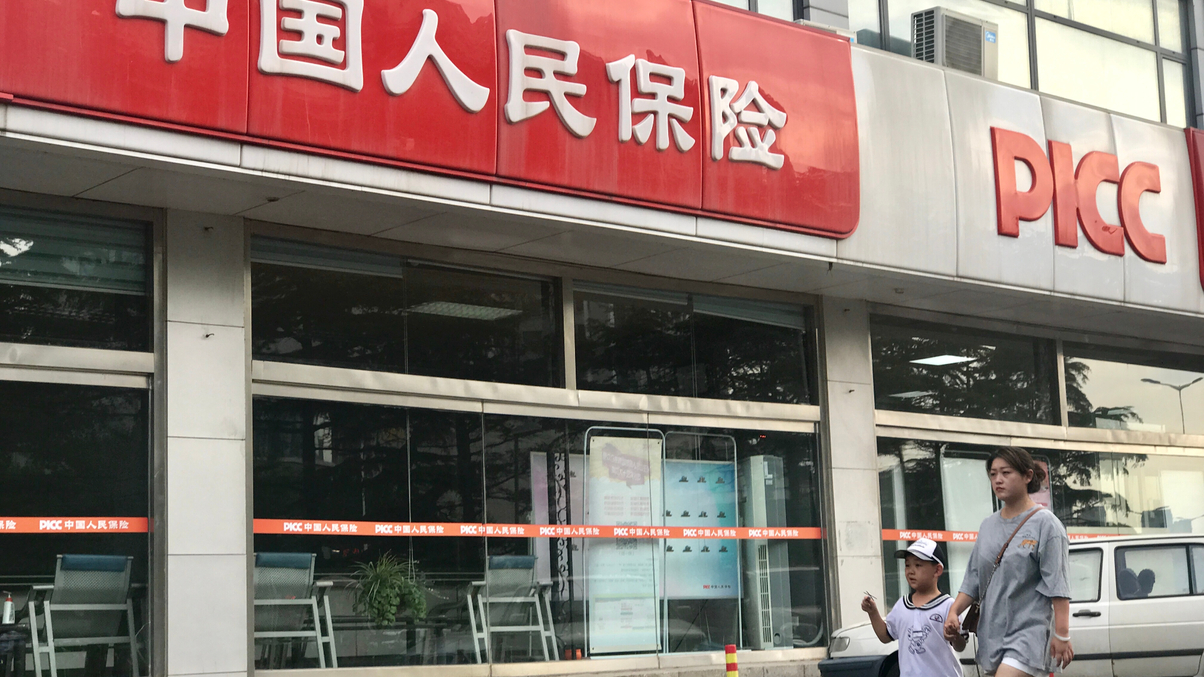PICC AM pinpoints selected Hong Kong stocks and sectors to favour
The Hong Kong-based asset management arm of the People's Insurance Company of China (PICC) is positive about selected local stocks in telecom, traditional energy, banking, consumer, and internet sectors.

China’s state-owned life insurer PICC’s asset management arm in Hong Kong thinks selected local stocks can still deliver absolute returns for Chinese life insurance companies amid global inflation and the country’s Covid-zero policy.
Sign in to read on!
Registered users get 2 free articles in 30 days.
Subscribers have full unlimited access to AsianInvestor
Not signed up? New users get 2 free articles per month, plus a 7-day unlimited free trial.
¬ Haymarket Media Limited. All rights reserved.


